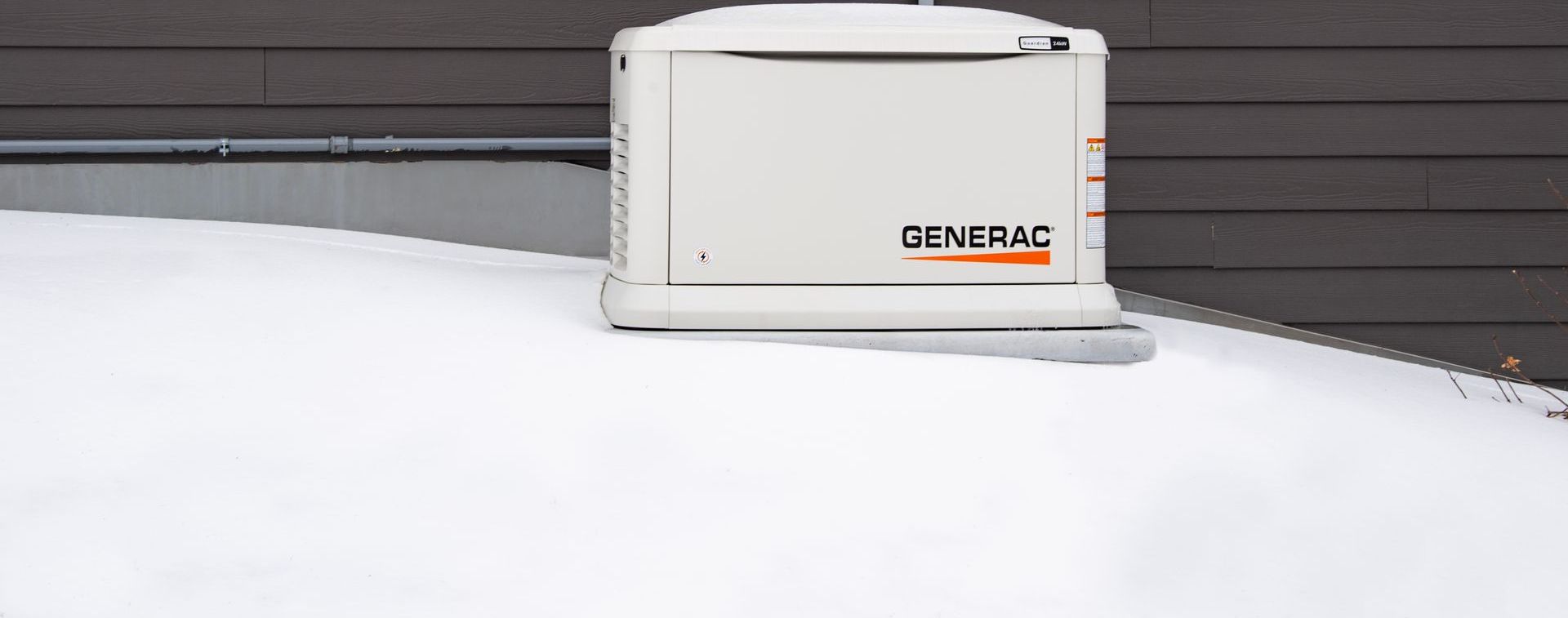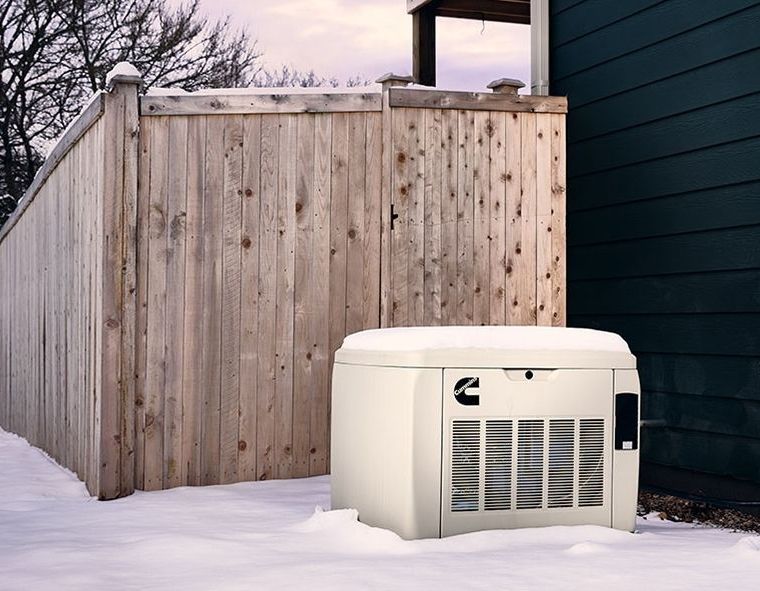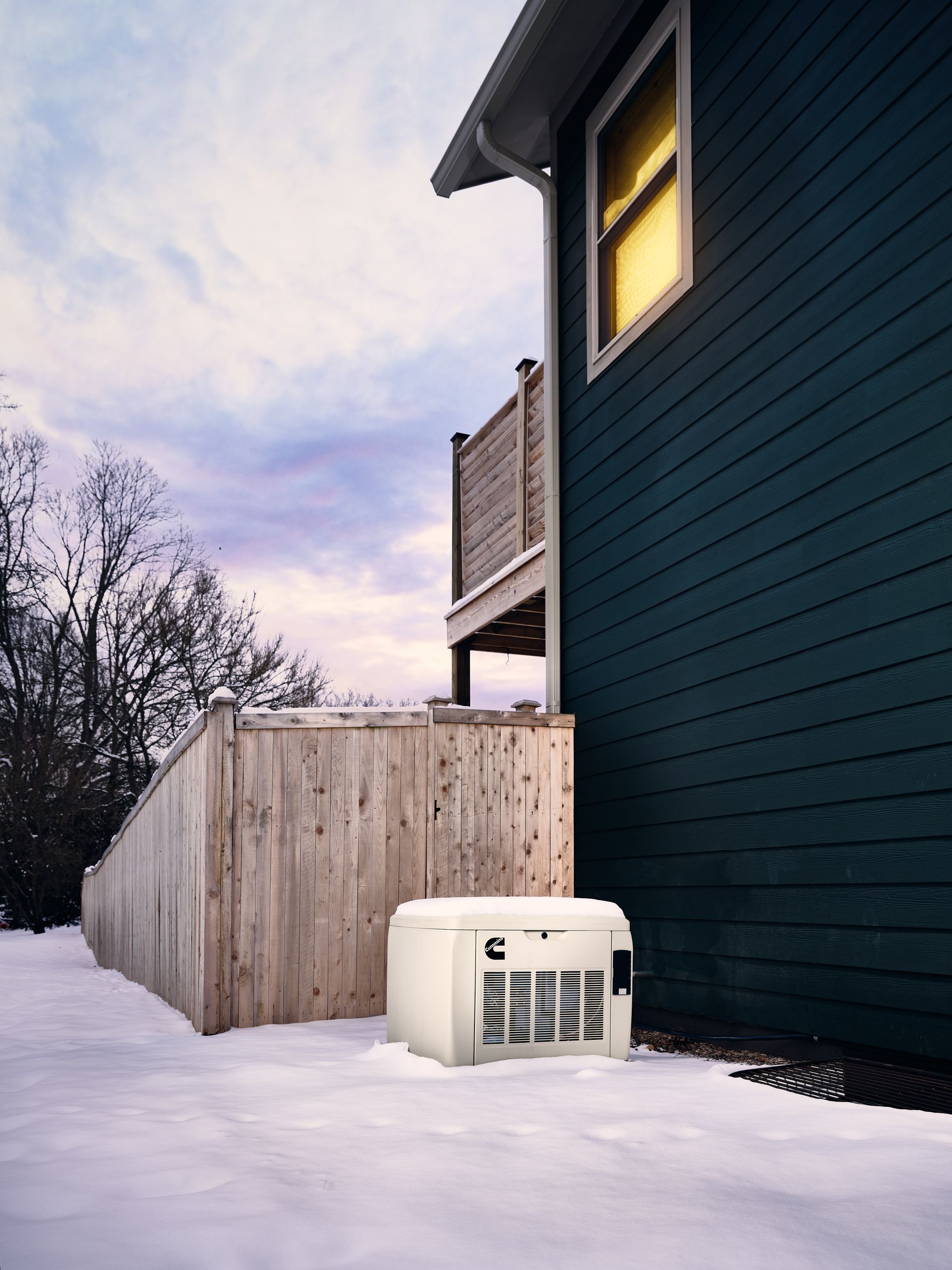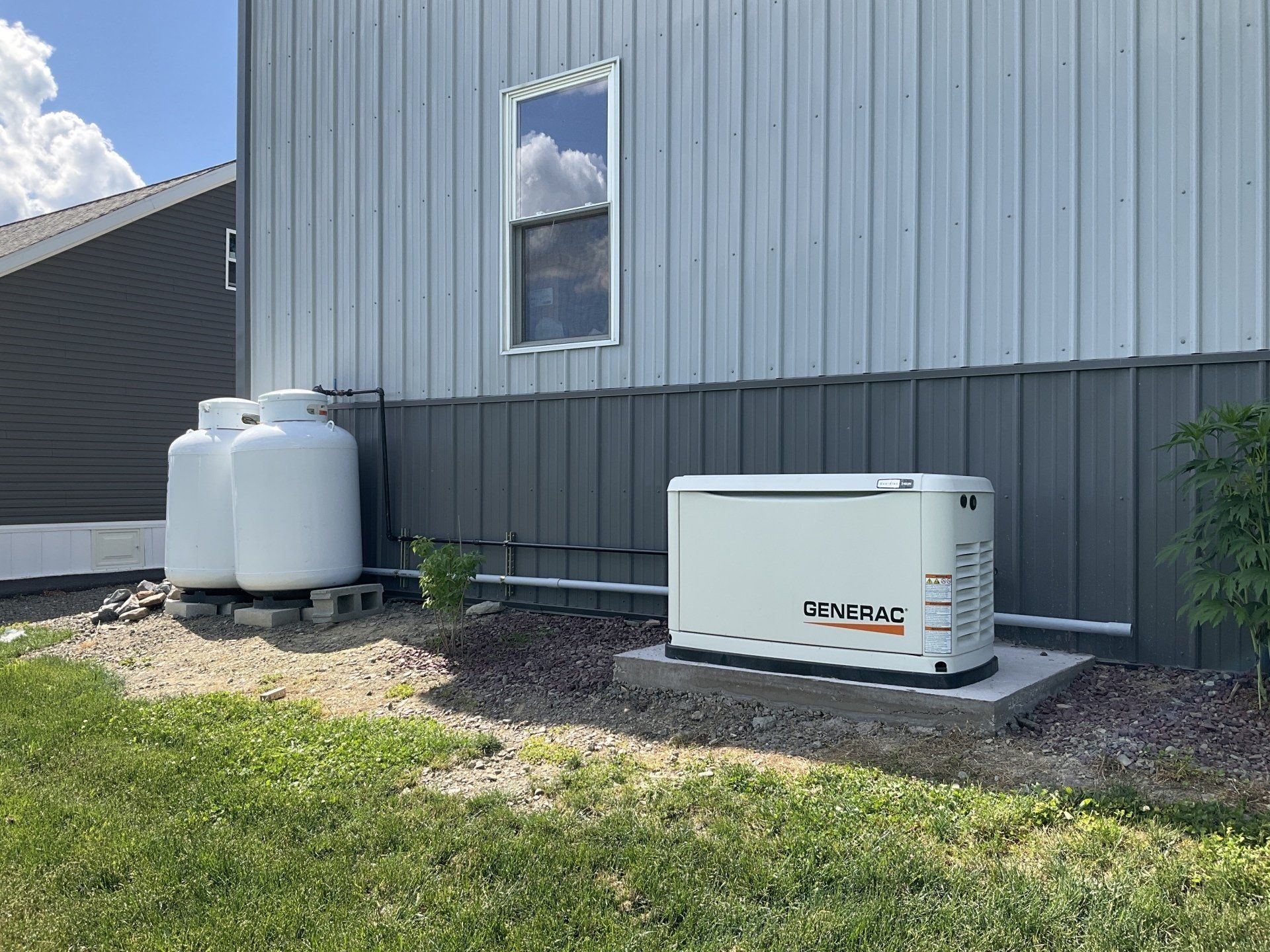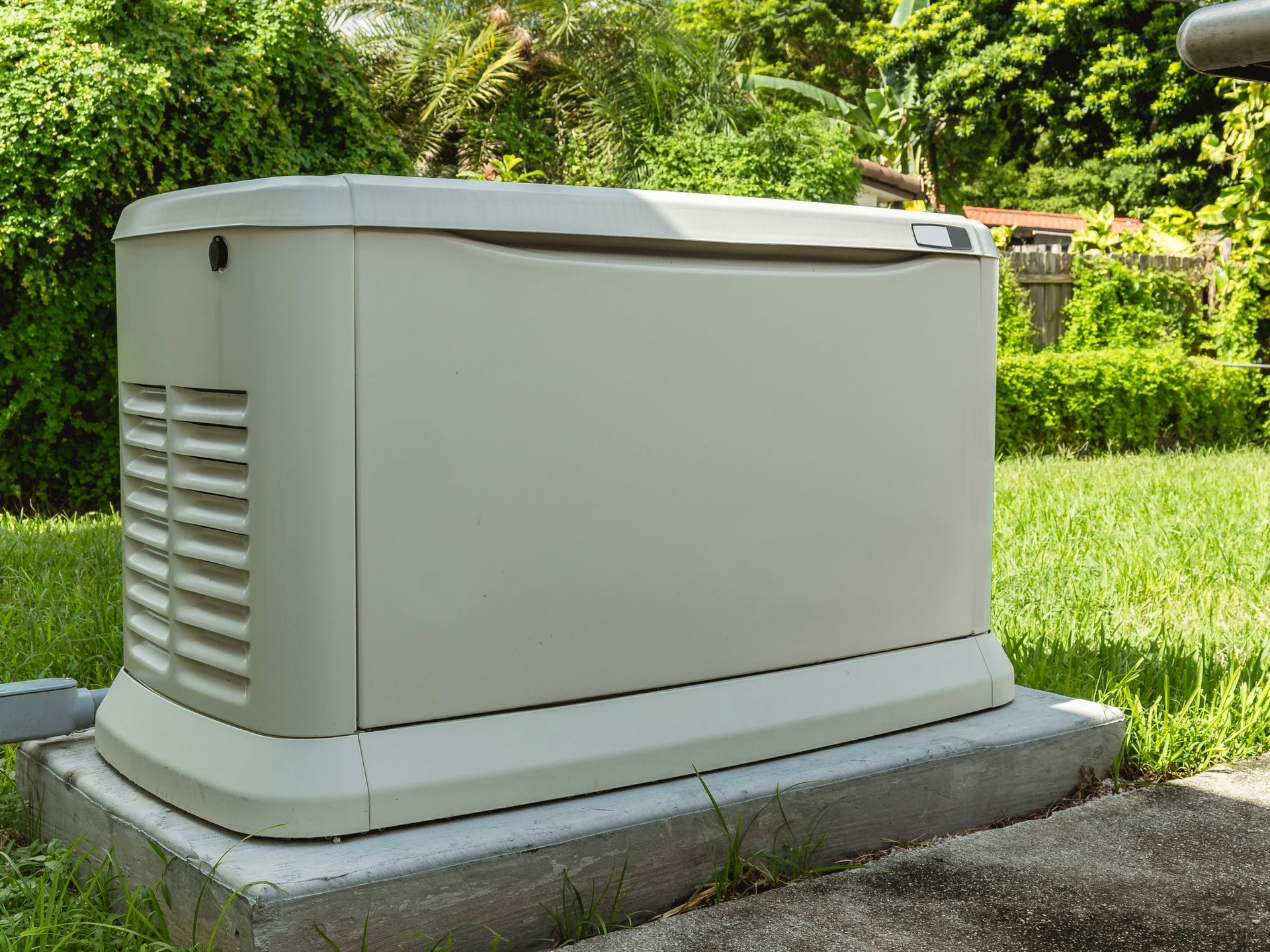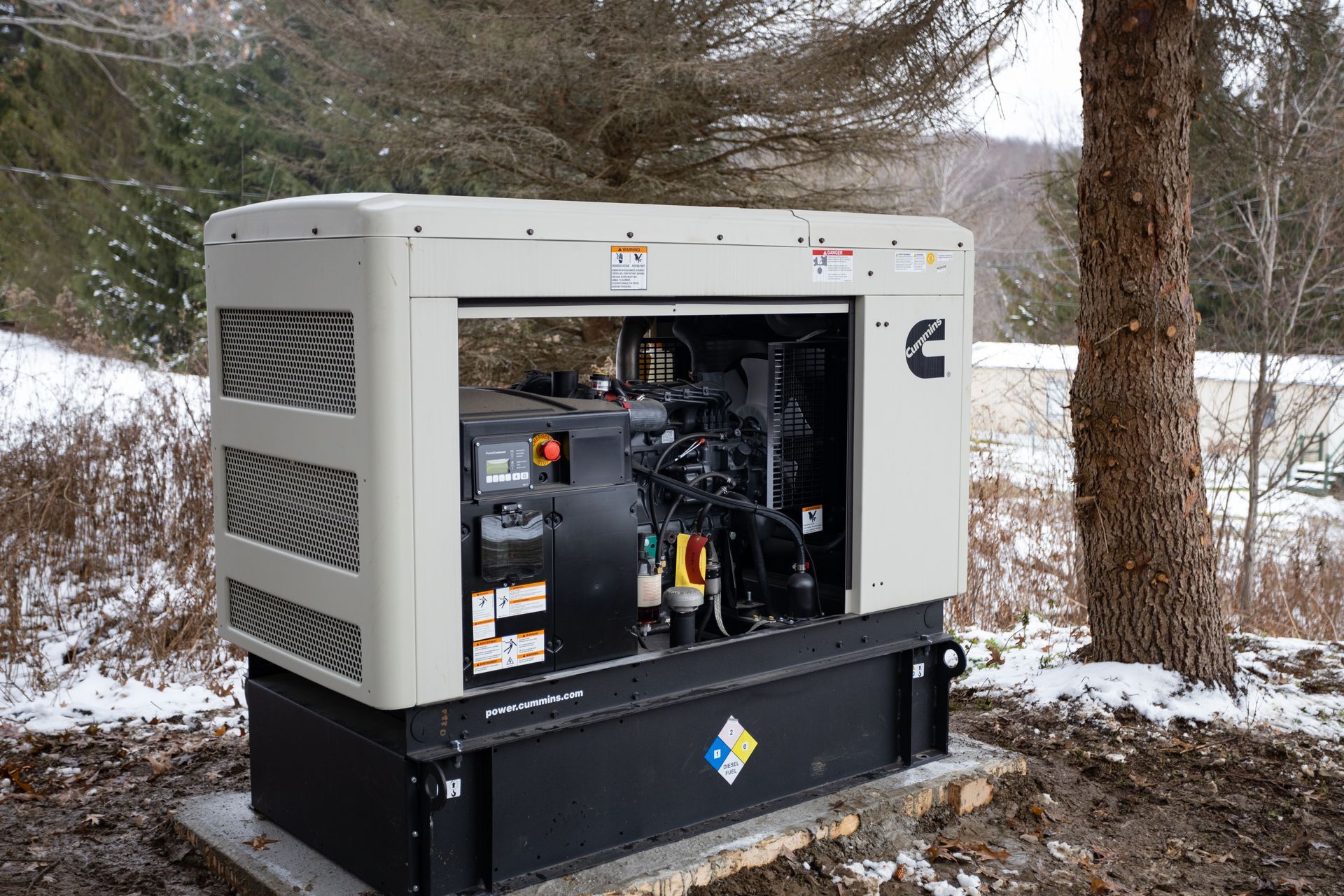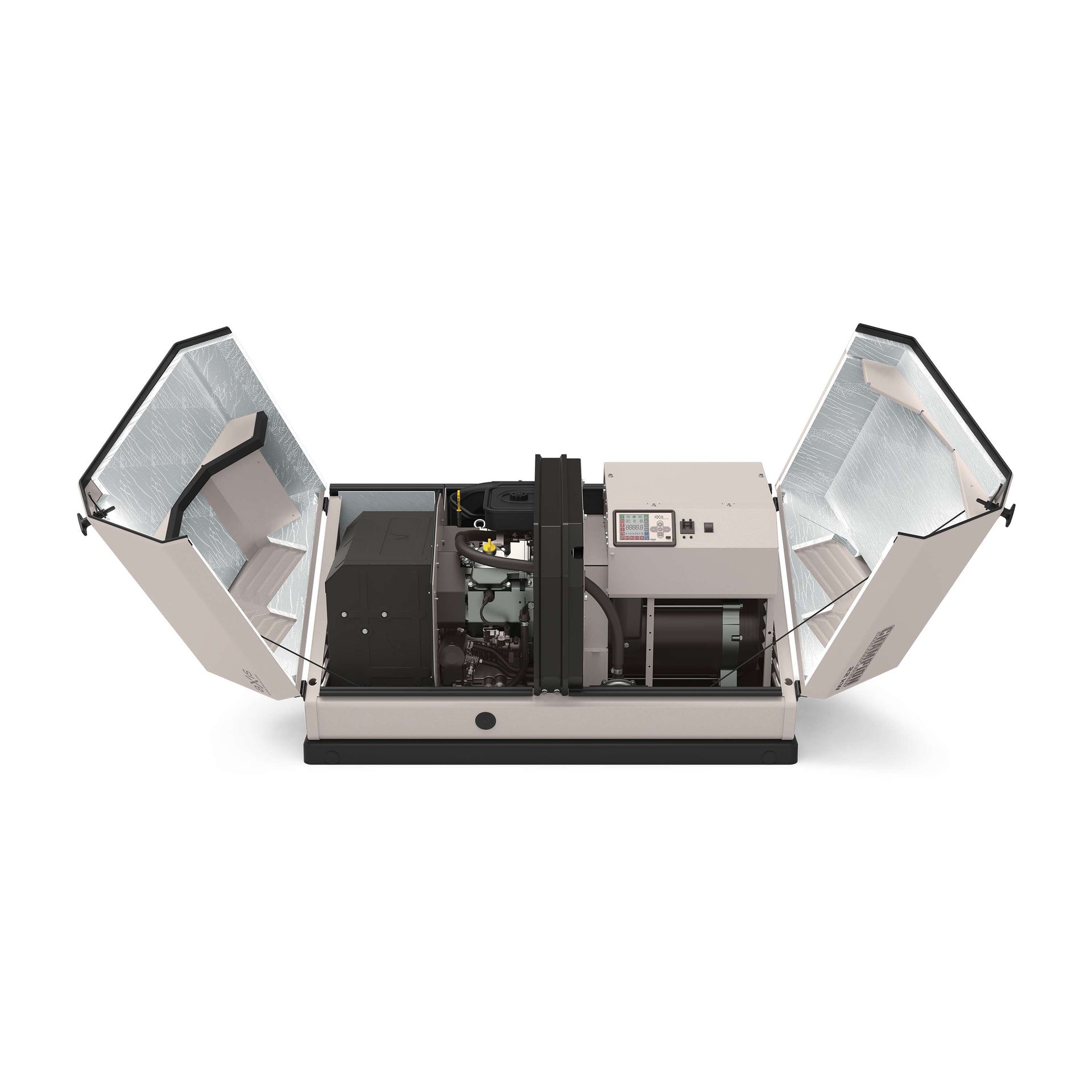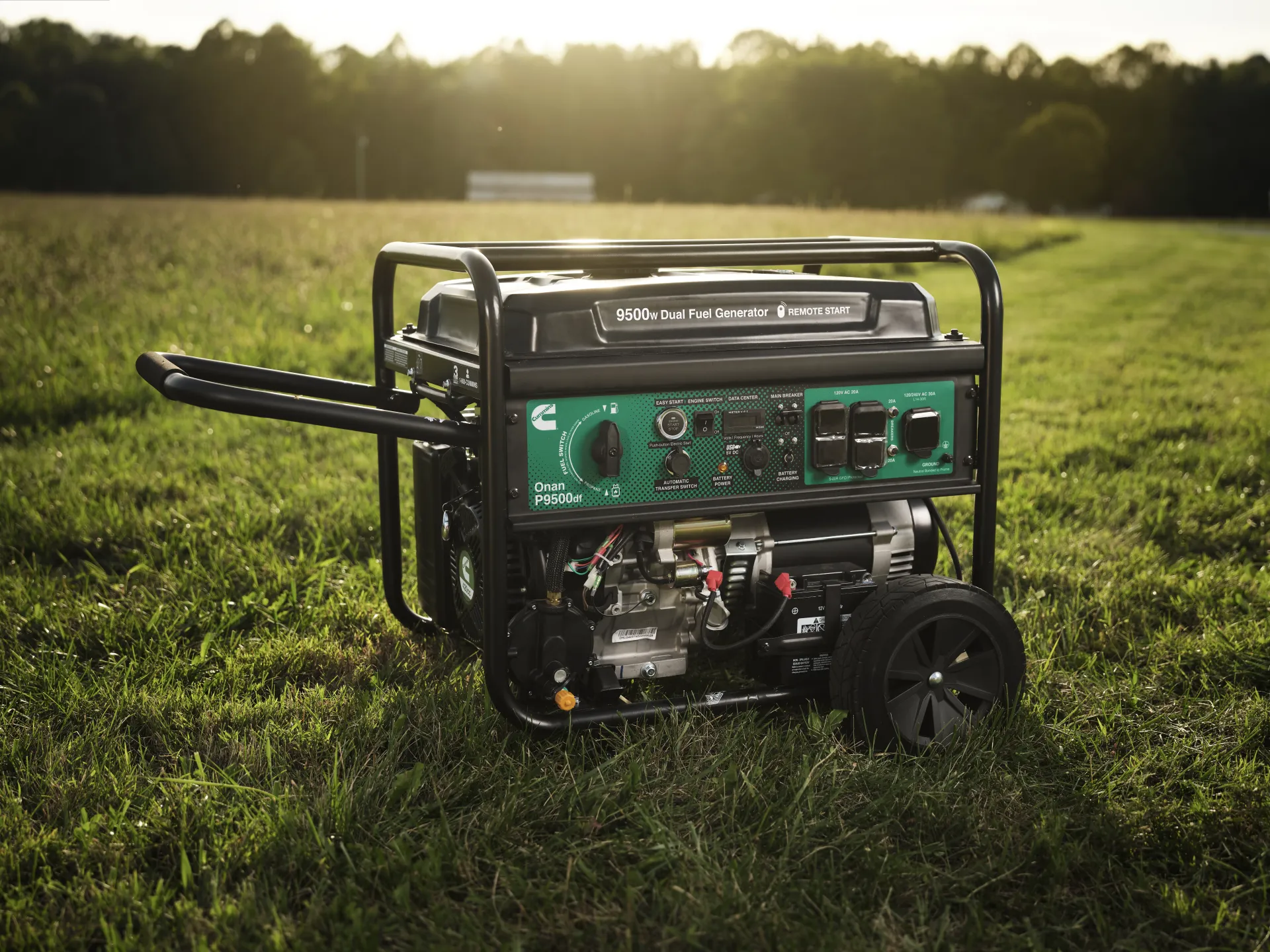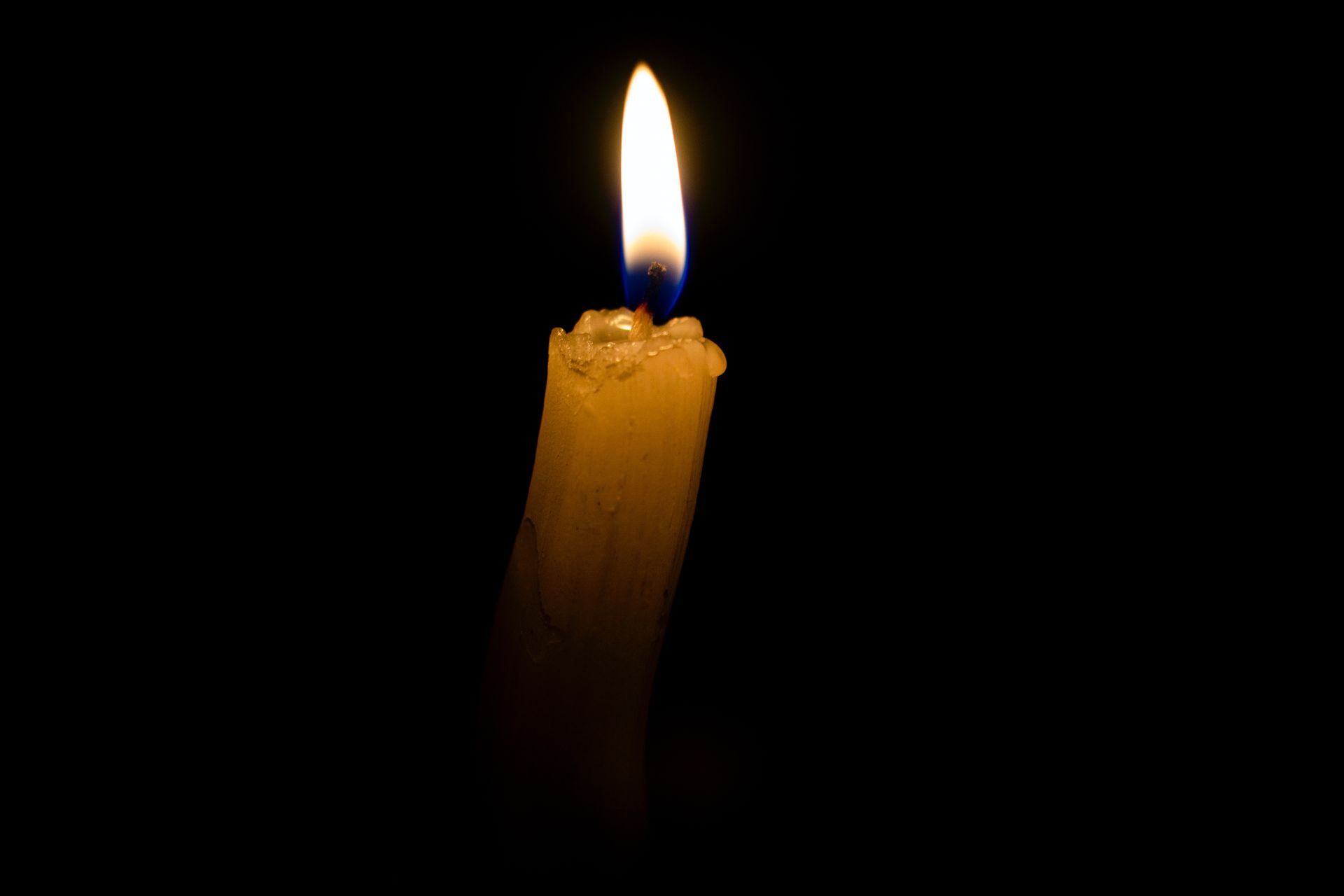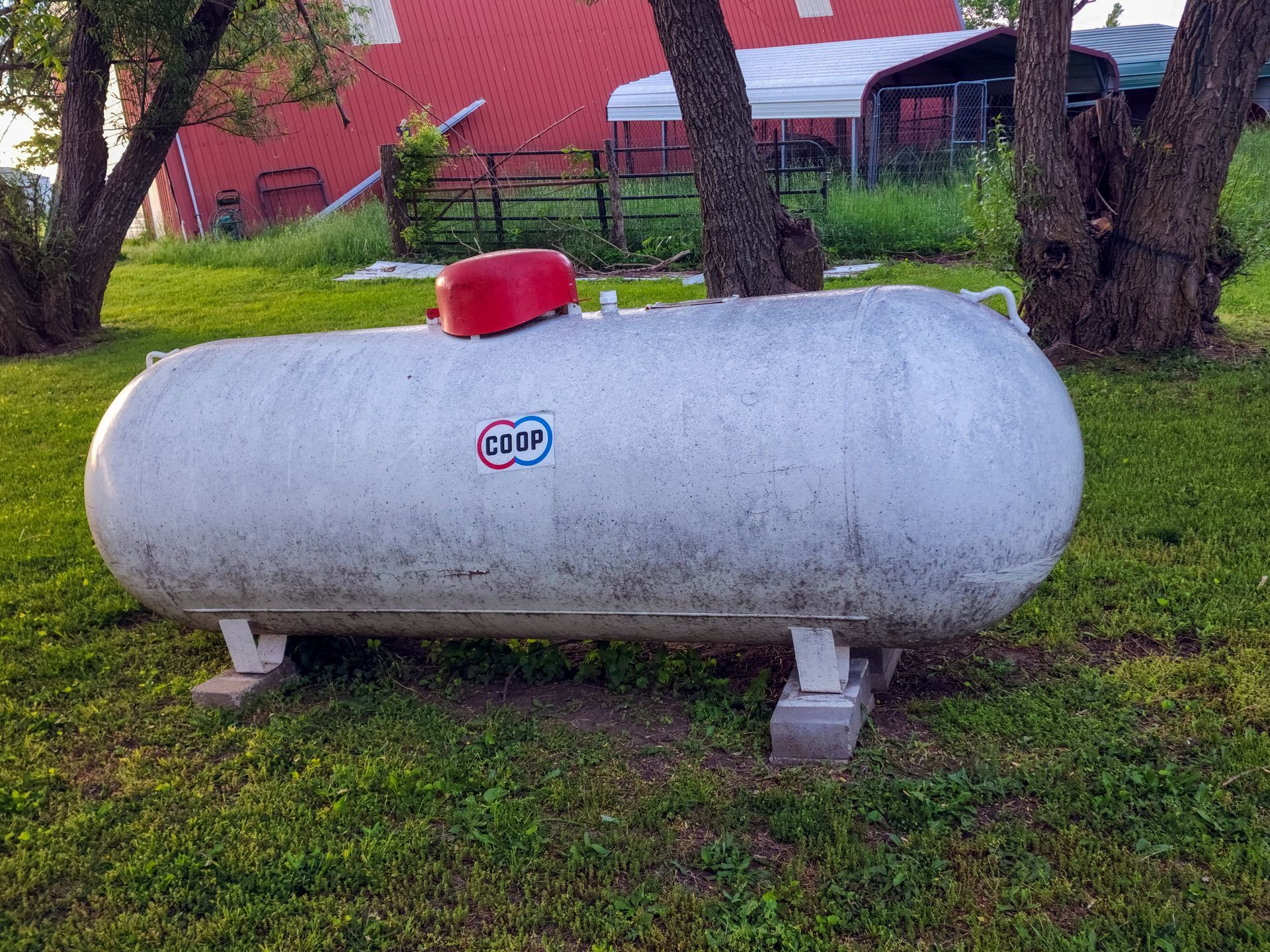How to Prepare for Hurricane Season
Every year, Hurricane Season causes significant damage to homes and lives all across the coast. Here are some things to consider while approaching Hurricane Season.
Particularly along the East Coast, Hurricanes are one of the most destructive natural forces that homeowners have to be aware of and prepare for. Hurricane Season is commonly considered to start as early as July and last as long as November by some estimates. The “peak” of Hurricane season is generally considered to be between mid-August to mid-October, which means many of the year's worst storms will occur during that period.
Even in zones where homeowners are less likely to be directly in the path of a hurricane, they are very likely to feel its long reaching effects including storm conditions, strong winds, and even flooding in some cases. For those reasons, power outages, blocked roads and limited supplies can be a common occurrence. When thinking about how to be prepared, those three factors are probably the most important.
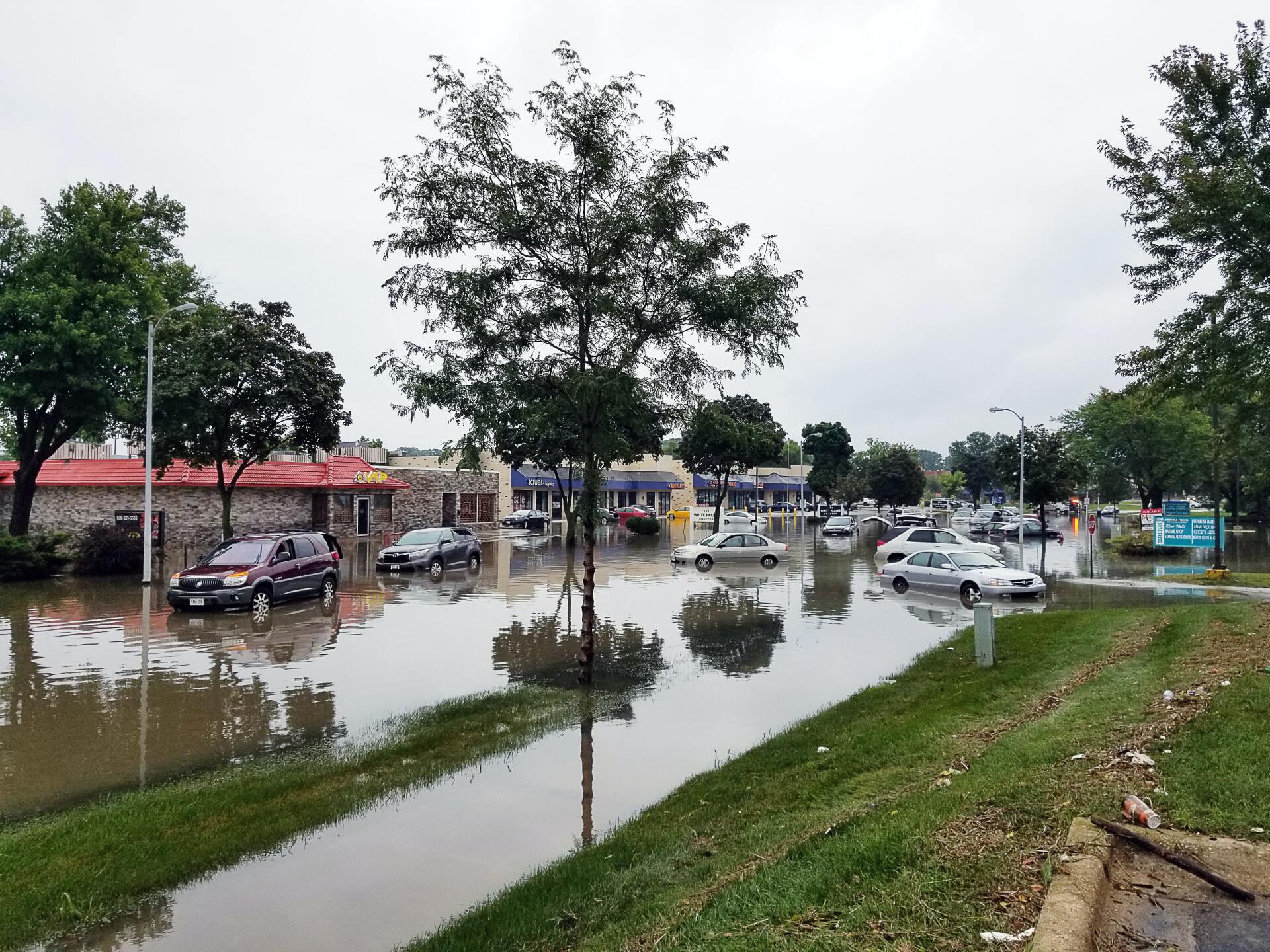
You may not be able to easily travel:
Depending on how bad of a storm you are enduring, your ability to leave your home easily may be significantly impaired. Roads may be experiencing some flooding or may be blocked by fallen trees or other debris. If you are certain that your proximity to an incoming storm will prevent you from staying in your home comfortably, you may want to consider leaving before it arrives. If you cannot leave, be prepared to hunker down, without much opportunity in the way of getting out.
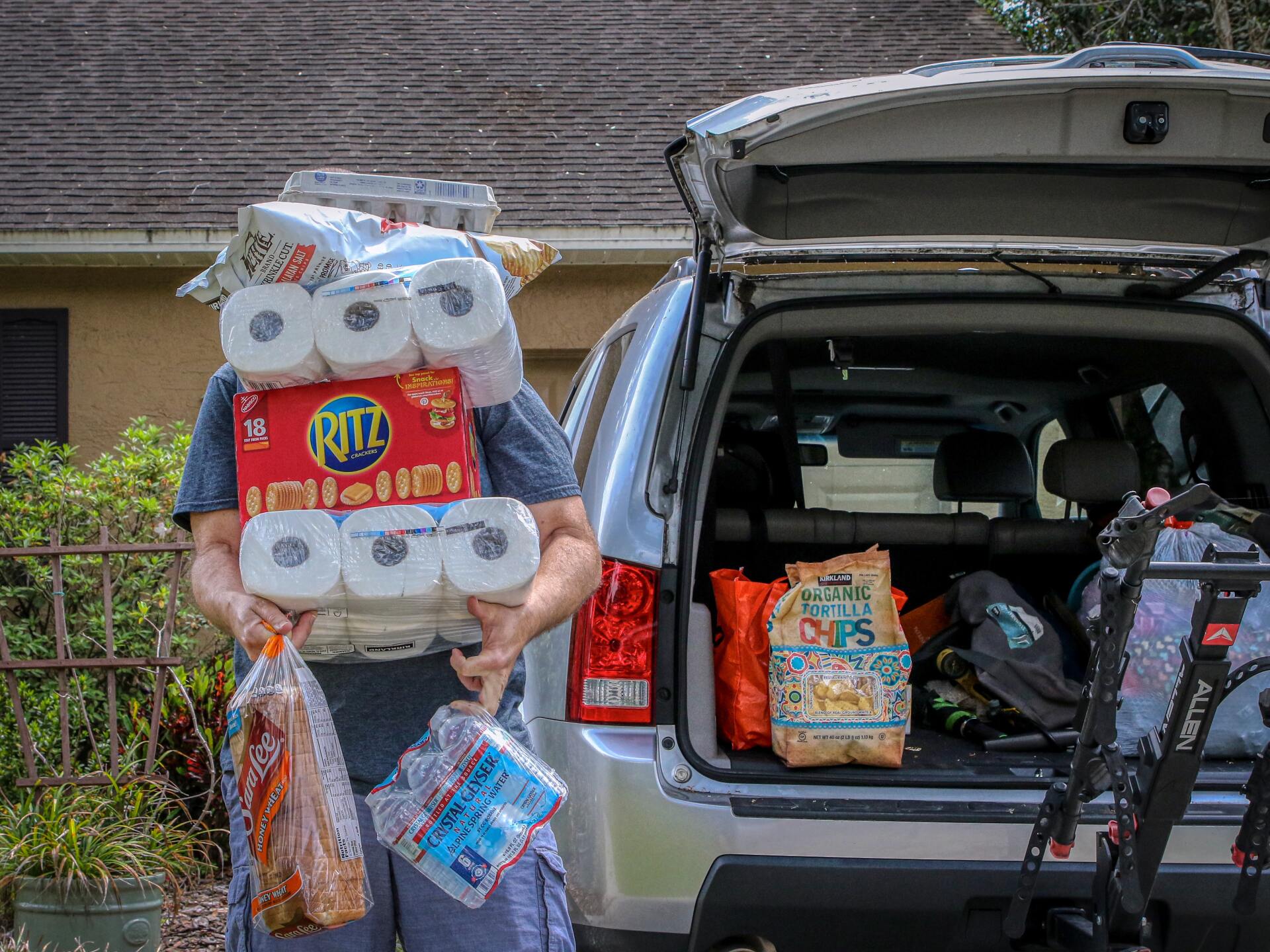
You may not be able to get more supplies:
It is less common the further you get away from the more dangerous Hurricane landing zones, but many grocery stores are cleaned out before an oncoming storm. It is highly recommended to have something akin to a “72 Hour Kit” in your home for these exact sorts of situations. A kit like this would include some basic medical supplies, non-perishable food for several days, a source of additional light and some other essentials. Take a look around online for some other suggestions as well.
Your home may be damaged in some fashion:
In the way of prevention, any action you take before the storm will be to mitigate the potential damage and the effects of the damage. Is your insurance up to date and will it cover damage from the storm. Are the doors and window seals around the house all in good shape? The question here is basically whether or not the home is in a good enough condition to withstand the storm.
You may also want to take some time to clear debris around your home if there is anything near the home that isn’t firmly planted, including large branches and other natural objects. Trees that may be having a hard time staying up could be easily pushed down by strong winds. All of this is to say that it may be worth walking around your property and taking a look to see if there are any potential hazards sitting around.
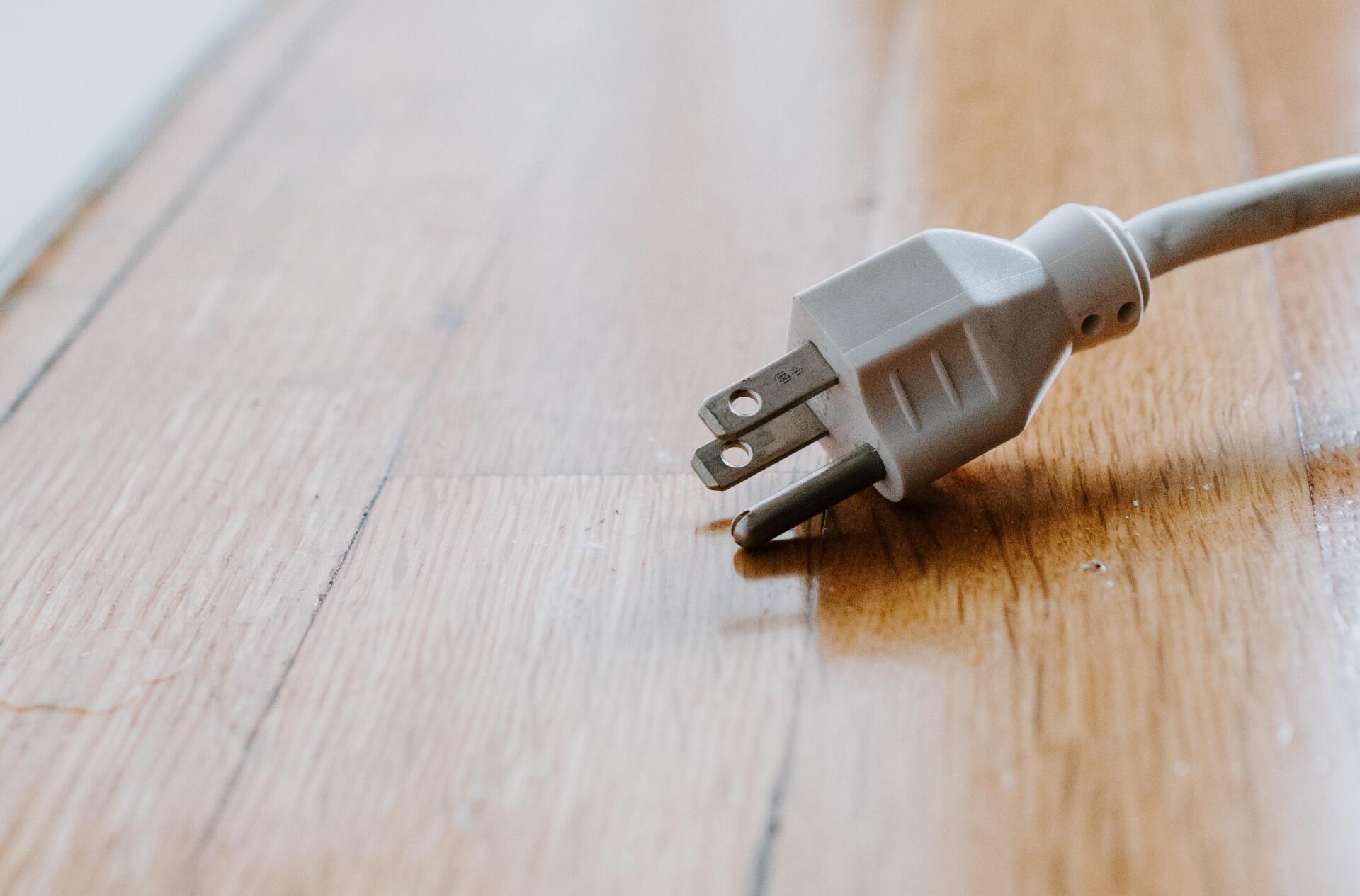
You may not have power for a prolonged period of time:
Even if you are not in the direct path of a Hurricane, being close enough to it can cause severe weather conditions and power outages. Make sure that you can live in your home without power for several consecutive days, or secure some form of backup power for your home. Companies like ours professionally install Home Backup Generators with Automatic Transfer Switches, which can power your entire home using propane or natural gas.
Smaller backup power solutions also exist in the form of battery packs and smaller portable generators. These smaller backup batteries can be charged through traditional outlets, but have limited output and should not be relied upon too heavily. These units are good for powering smaller electronics and can allow you to use your phones and laptop computers for an extended period during a power outage.
Portable Generators are also a good solution for a short period of time and are capable of powering much more than a portable battery. Because most portable generators are manual and run on Gasoline, it requires a bit more attention and effort to utilize than a battery or an automatic home generator.
Hurricane Home Solutions is a home contractor that specializes in backup power solutions for homeowners all across New York and Pennsylvania. If you’d like to learn more about Home Standby Generators and other backup power solutions feel free to contact us directly at 1-833-999-0039 or submit a form here on our website with any questions or inquiries you may have.
